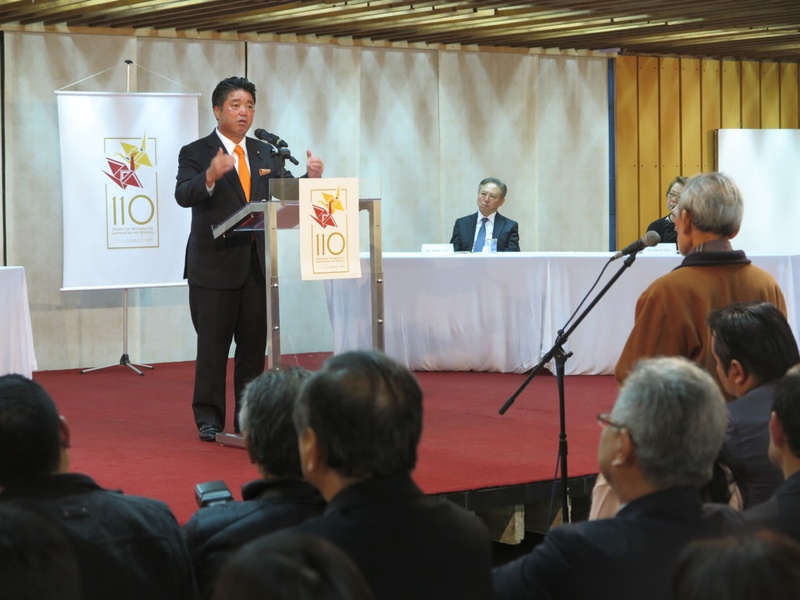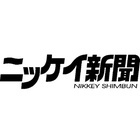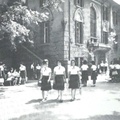[Nagai] Oh, we haven't talked about working holidays yet...
[Fukasawa] Ah, that's right, WH!
[Nagai] Isn't this important? (laughs)
[Fukazawa] After all, it would be a mistake to have a visa system that is only for Japanese descendants. I would like to see an agreement between the World Health Organization and Japan/Brazil to create a system that allows Brazilians who love Japan to experience Japan, and I would love to see it implemented on a scale of about 10,000 people. It has already started in Argentina and Chile, so I hope it will happen in Brazil as well.
[Nagai] Especially recently, Japanese organizations cannot exclude Brazilians, so if there are people who say, "I want to join, I really love Japanese culture," they are allowed to join. So, I think that if a prefectural association says, "I love that prefecture," or if someone who has traveled there and liked it wants to join, they won't turn them down. There is also the issue of fifth and sixth generations, but for example, if a child of a prefecture wants to go to Japan, if they are fourth generation or younger, they don't have a visa to go for training.
[Fukazawa] Oh, is that so? In that case, it is deeply related to the prefectural association.
[Nagai] It's okay if you go to university as a student. However, some prefectures have a system where you can train while working. In that case, for example, if you have acquired special skills through work and can go on a skills visa, you can go, and if you are a third-generation Japanese, you can go on a permanent residence visa as a Japanese descendant, but if you are a fourth- or fifth-generation Japanese, you can go to Japan as a prefectural student and train while working, but there is no such work visa.
If that happens, we'll have to say, "We can't have them come." However, if we can create a home base, we can meet that problem and meet the demand of Brazilians and fifth-generation Japanese who want to learn about Japan while working. This will also help solve the fifth-generation problem.
If you look at the World Health Organization (WHO) of other South American countries, you'll see that there aren't many Japanese people going there. However, in Brazil, there are many reception desks, and even if you don't speak Portuguese, there are many Japanese restaurants, and there are Japanese-language newspapers, etc.
[Fukasawa] Like Japanese language schools.
[Nagai] There are many possible workplaces, such as Japanese language schools and Japanese organizations. So the scope of acceptance is very wide. I think there are many people who want to go. There are organizations such as the Brazilian-Japanese Exchange Association. I think that such an opening could be expanded and exchanges would become more active, so I would like WH to consider it.
It would be fine to implement visa exemptions at the same time, but I would like them to consider them simultaneously, rather than saying, "visa exemptions first."
[Fukazawa] They say that young people in Japan tend not to want to go abroad, but I think if you come here you'll see that Brazil is one of those countries with a very accessible entry point.
[Nagai] Yes, that's right. In a way, it feels a bit like a regional city in Japan. But, if you live in Liberdade, it's not like you can't live like you can in Japan (laughs).
[Fukazawa] As Mr. Nagai said, we are grateful for the existence of traditional organizations like the "Brazil-Japan Exchange Association" (Chairman: Kobe Tamotsu) that send young Japanese people to Brazil every year to experience life there. And also local cultural associations. If you want to get involved with Brazilians, that's fine, and if you want to live among Japanese people, half speaking Japanese, that's possible. There are options there.
[Nagai] It's really spacious.
[Fukazawa] It's important to have the experience of seeing Japan from the outside. I want people to look at Japan objectively while interacting with local Brazilians and asking themselves, "What is Japan really like?" and to see the good and bad points of Japan and Brazil, and make comparisons in various ways.
Then, when you return to Japan, you will be able to have an experience in Brazil that will allow you to see things in a very different way.
I really hope that the WH system will be retained to commemorate the 110th anniversary.
(end)
*This article is reprinted from the Nikkei Shimbun ( September 1st edition ).
© 2018 Masayuki Fukasawa / Nikkey Shimbun







